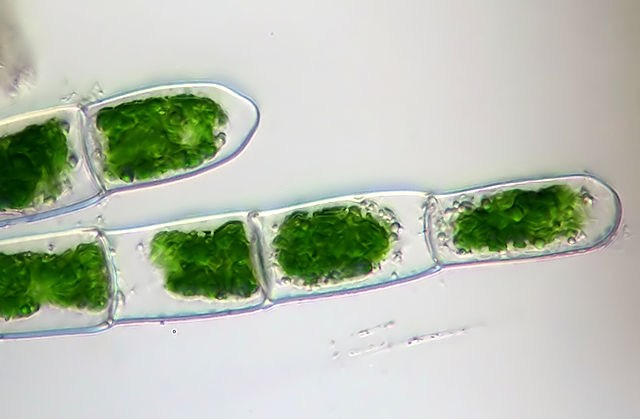Safety trial of algal anesthetic kicks off

Two years ago, we told the story of the quest of Charles Berde, MD, PhD, of Boston Children’s Division of Pain Medicine, to turn an algal toxin called neosaxitoxin into a long-lasting local anesthetic.
At that time, Berde—together with Alberto Rodríguez-Navarro, MD, from Padre Hurtado Hospital in Santiago, Chile, and a Chilean company called Proteus SA—already knew that neosaxitoxin, a site 1 sodium channel blocker which in nature is produced by algal blooms, could help patients who had undergone laproscopic surgery recover more quickly and experience less pain compared with the current state -of-the-art local anesthetic called bupivacaine.
The group has now taken a big leap forward. In May, they launched a Phase 1 clinical trial at Boston Children’s in healthy male patients, aimed at showing that neosaxitoxin produced by Proteus from bioreactor-grown algae is safe using clinically relevant doses.
“We received word from the Food and Drug Administration in March that we had collected enough preclinical toxicology data to move forward with the trial,” Berde says. “The next steps are to home in on the correct dose, establish safety and measure how neosaxitoxin clears from the body.”
Berde is confident that neosaxitoxin could be a potentially revolutionary alternative to the opioid-based anesthetics commonly used for local control of post-operative pain.
“Currently available local anesthetics all wear off after eight hours,” he explains. “Thus, we must resort to giving patients systemic opiate analgesics, which can cause a wide range of effects from nausea to sedation to shallow breathing. These effects can prolong a patient’s time in the hospital.
“With site 1 sodium channel blockers,” he continues, “we believe we can avoid these effects while providing prolonged pain control.”
Berde hopes to recruit between 77 healthy male volunteers, and anticipates finishing the trial in October.
Boston Children’s Technology and Innovation Development Office (TIDO) is looking for additional development partners for neosaxitoxin. To learn more, contact Rajinder Khunkhun or visit TIDO’s website. To learn more about the trial, visit clinicaltrials.gov.
Related Posts :
-

Understanding and treating Mason’s congenital nevus
Kim and Ryan noticed their son’s birthmark almost immediately after he was born. They knew birthmarks were common, but ...
-

Using her voice: After tracheomalacia treatment, Claire keeps her eye on the ball
Claire Kantany is only 10, but she knows what she wants to do when she grows up — in fact, she’...
-

Pirate puzzles and peekaboo: Beckett’s brachial plexus birth injury story
Beckett Stone-Lyman is an adorable, fun 2-year-old who loves to run, sprint, and climb. If he’s not charging around ...
-

AI-enabled medical devices are burgeoning, but many haven’t been tested in children
Medical devices that incorporate artificial intelligence and machine learning are proliferating. In 2013, the FDA approved fewer than 10 such devices; by 2023, ...





